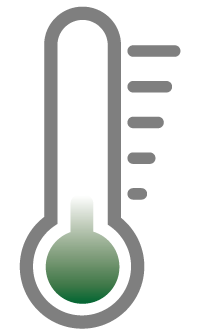Extreme heat has an impact on the health of the population far beyond what is visible to society and can therefore be considered an invisible threat. The consequences of this impact can be minimized with proper preparation and action during heat waves. Hence the need to test a pilot warning system against this meteorological phenomenon.
The proMETEO Seville Project is testing a method to classify heat waves according to their impact on people’s health. This will allow public administrations to better communicate the existing heat risk on a specific date and to take the measures they deem necessary to improve the response to this situation.

Pilot system for heat wave alerts
The pilot heat wave warning system is based on the analysis of Seville’s specific climatic conditions throughout its history as well as daily health and mortality data. A team of experts involving technicians from all the project partners is developing an algorithm capable of forecasting heat waves and estimating their effects on human health. In the same way, this local historical analysis also allows us to classify the severity of the predicted heat waves, which is an opportunity to take measures against them and provide the most effective recommendations for citizens.
If heat warnings are accompanied by a classification according to their impact on health and those with the highest risk are also given a distinctive name to increase the effectiveness of communication, we will be able to protect the population, especially the most vulnerable.
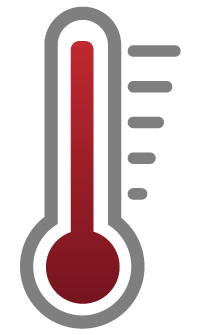
Very high risk
Very extreme heat situation. Significant health risks. Take the utmost precautions.
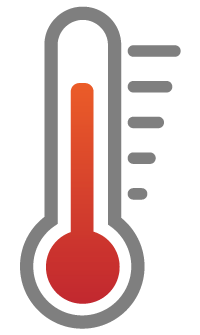
High risk
High heat situation. Health risks for the entire population. Take precautions and be prepared to help vulnerable people.
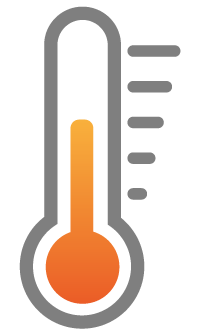
Medium risk
Heat situation with health risks. Follow the warnings and avoid prolonged exposure.
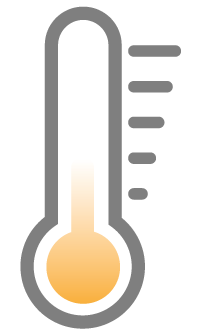
Low risk
A heat situation is occurring, but health risks are limited to vulnerable groups.
